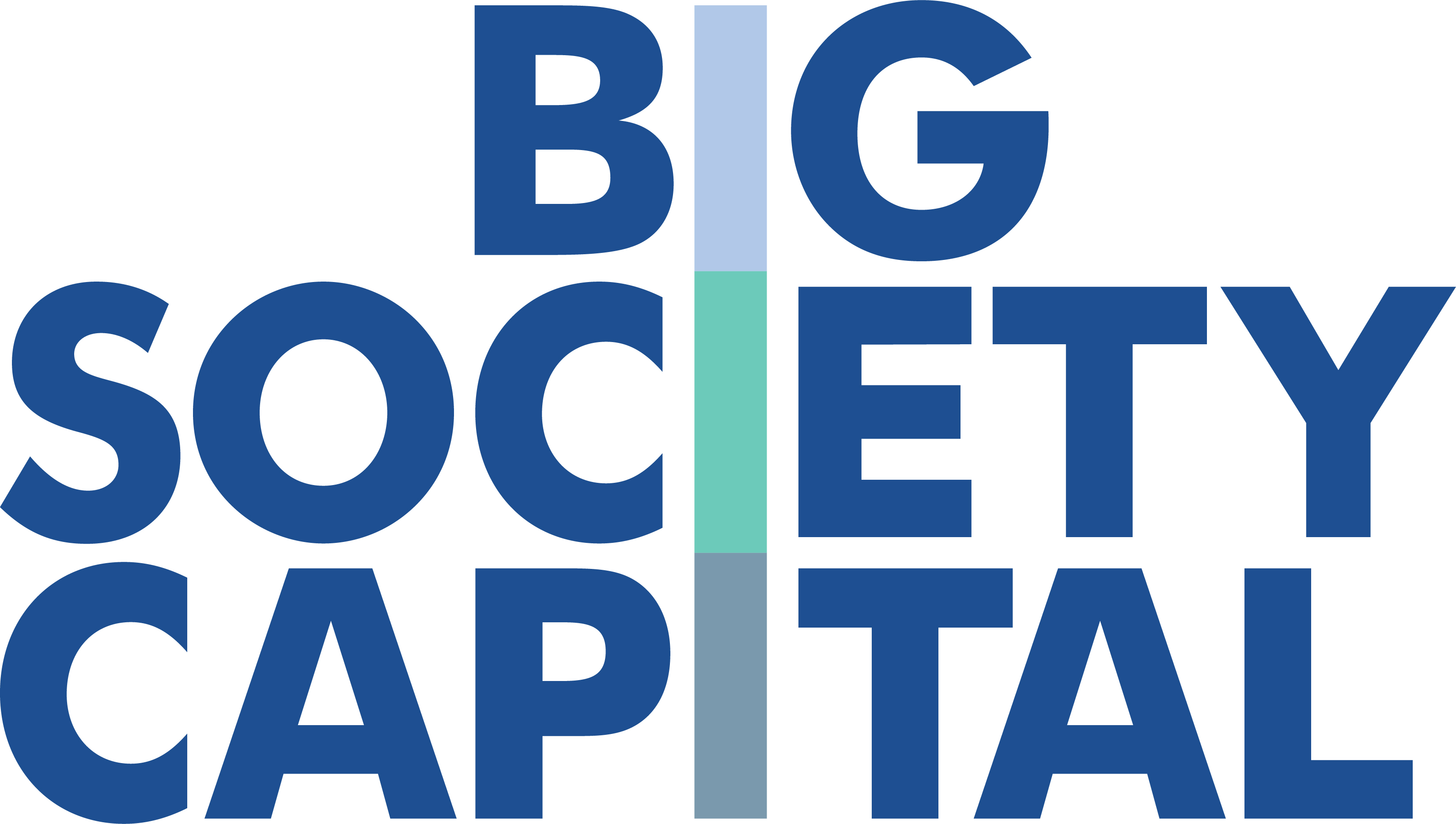By: Richard Hazenberg, Professor of Social Innovation, University of Northampton Dave Gorman, Director of Social Responsibility & Sustainability, University of Edinburgh…
At Big Society Capital, we believe that universities are uniquely positioned to help meet some of the growing needs of the social impact investment sector in the UK. In this piece, we hear from Richard Hazenberg (Professor of Social Innovation, University of Northampton) and Dave Gorman (Director of Social Responsibility & Sustainability, University of Edinburgh), who share their insights on the role of universities in social impact investment and call for ‘pan-institutional collaboration’ in innovation and investment amongst Higher Education Institutions (HEIs).
The opportunity for universities to deliver impact beyond just teaching and research
For centuries, universities have been institutional pillars in the education of people and the creation of knowledge through state-of-the-art research. However, in the 21st century this traditional role is increasingly being supplemented by the need to act as community pillars, supporting the local economy and driving social and environmental sustainability. This can clearly be seen from a policy perspective by the UK Government’s change to research funding as seen through the creation of the UK Research and Innovation Fund (UKRI) [1] and its focus on research and innovation funding that delivers economic growth, social and cultural impact and environmental sustainability.
Such changes to the perceptions of a university’s role, alongside the marketisation of higher education that has made students consumers in their own learning journeys, is creating an environment where universities need to be able to market their social and environmental credentials. Indeed, the serious social and environmental problems facing the world today make such changes an inevitable and moral imperative for higher education. Recognition of this can be seen in the creation of the United Nation’s Sustainable Development Goals (SDGs) [2] and the drive to capture university impact against this through the Times Higher Education Impact Rankings [3]. Universities therefore have a key role in helping to solve these problems and deliver against the SDG agenda, and social impact investment provides one such avenue within which to achieve this.
Universities as effective hubs for social impact investment
Today, there are well over 100 universities in the UK with over £15 billion in endowment funds [4]. The returns generated from these are used to support university running costs, contribute to research and teaching, and support specific programmes such as bursary schemes. In addition, many of these investment portfolios are what can be termed ethical investments. These are investments based on ethical principles, and usually means that the universities invest in funds that do not contain sin stocks such as tobacco or armaments production.
However, many HEI funds still do not contain many if any social impact investments: investments designed to address a specific social challenge such as homelessness or childhood obesity. This limits both the social returns that universities can generate, and the impact that they can create. Given the need for universities to increasingly focus on social and environmental impact, SDG alignment and community development in their local areas, we contend that this is a missed opportunity. And for Universities with modest endowments, treasury funds should not be overlooked for the potential to contribute to delivering social impact.
At the University of Edinburgh, we have over £1 billion of investments in total, of which £68 million are already allocated to social and environmental impact funds [5], whilst at the University of Northampton, our total investment portfolio of £21 million already consists of £1.25 million in direct social impact investments [6]. It is the value created through the social impact of these investments that can provide the most startling figures, with the estimated financial value of the social impact leveraged by Northampton’s investments being over £52 million. This demonstrates the snowball effect of value that can be created even by modest social impact investments.
The social impact investment market is still relatively nascent and some investments that are less proven may carry a higher risk. However, we believe there is a case for considering the potential social impact returns as part of making an investment decision. Social impact investment allows HEIs to take the next step on from ethical investing and to also consider the wider social and environmental impacts of their entire investment portfolio. We also believe there is a case for Universities taking advantage of their opportunity for long-term, placed-based thinking to partner with others in more innovative capital structures or deal making, recognising the ‘anchor’ role we can play locally.
We are not trying to argue that social impact investment is the cure-all for social problems, nor to state that universities should be focusing all of their endowments or treasury funds towards social impact investment. Rather, we believe that social impact investment provides another tool with which HEIs can contribute to solving some of society’s most entrenched social issues whilst targeting positive investment returns for the future. We believe that as social institutions, all universities should be committed to making the world a better place, and social impact investment provides a mechanism for enabling this. Given the amount of money that universities in the UK have in endowments and treasury, and the total current size of the UK social impact investment market, the university sector could also have a huge impact in both increasing the amount of funding available and the innovativeness of the investment products on offer. We believe that now is the time for the Higher Education sector to embrace social impact investment.
Call to Action
Based upon the arguments presented here, we have the following calls to action for the university and social impact investment sectors:
- Creating Social Value: Universities to align their resources, including their endowment and treasury, to drive social impact – through innovation and investment
- Partnerships for Impact: Greater pan-institutional collaboration amongst HEIs where resources can be pooled and greater social impact can be achieved together
References
[1] UK Research and Innovation Fund (UKRI)
[2] UN Sustainable Development Goals
[3] Times Higher Education Impact Rankings
[4] FT – Students call on UK university endowments to invest responsibly










